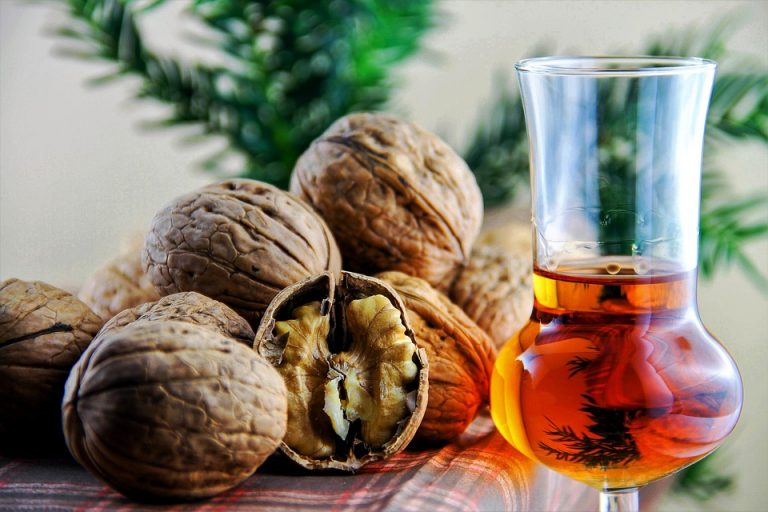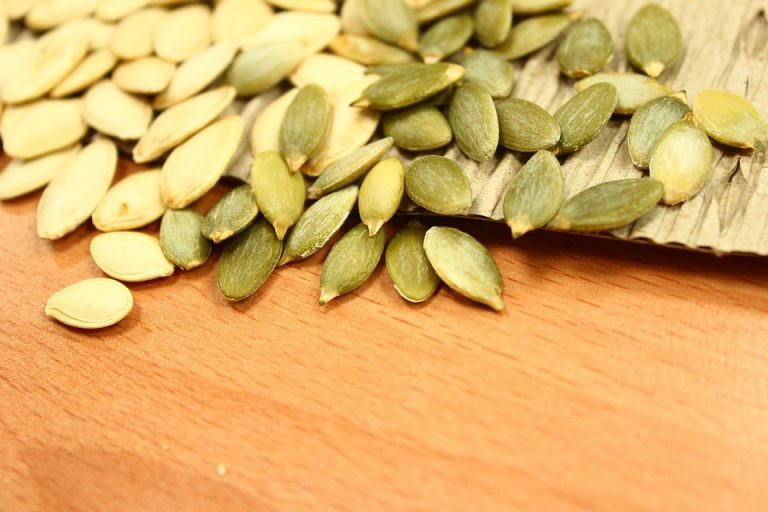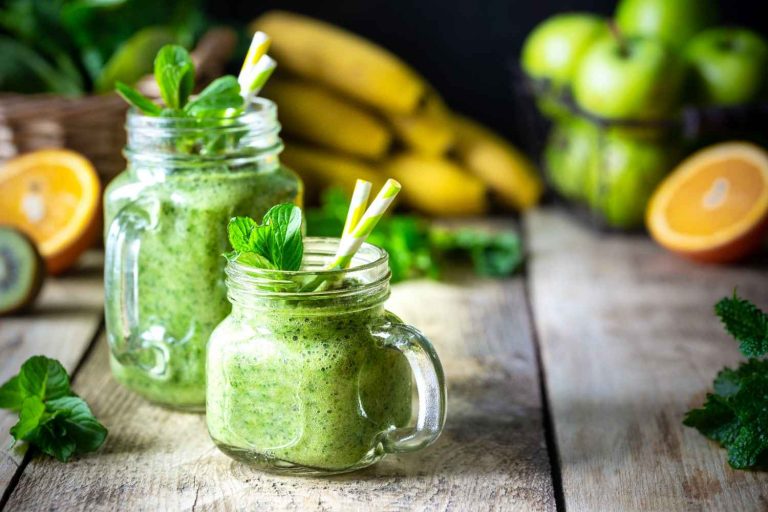5 Ways Onion Boosts Blood Flow to the Penis Naturally
Midday slump meets your favorite mug. The aroma of sautéed onions wafts through the kitchen, mixing with memories of hearty meals shared with friends and family. But beyond their culinary charm, onions might have a surprising role to play in men’s health, particularly when it comes to blood flow. Let’s explore how this humble vegetable can support virility naturally—without the hype.
Contents
Understanding Blood Flow and Its Importance
Before diving into how onions work their magic, it’s important to grasp why blood flow matters. Good circulation is vital for numerous bodily functions, including sexual health. Erection relies heavily on blood flow; when the arteries transport blood to the penis effectively, achieving and maintaining an erection becomes easier.
When discussing natural aids for boosting blood flow, many may overlook everyday foods like onions. But there’s substance behind the idea that they can contribute to improved circulation.
1. Rich in Quercetin: The Natural Flavonoid
Quercetin, a type of flavonoid found abundantly in onions, is celebrated for its antioxidant properties. It helps combat oxidative stress, which can impair circulation. In a study published in the American Journal of Clinical Nutrition in 2016, researchers found that quercetin supplementation improved endothelial function in men, suggesting enhanced blood flow as a result (Vasiljevic et al., 2016).
Limitations: While quercetin may boost circulation, excessive intake can have side effects, such as gastrointestinal discomfort. Always consult a healthcare provider before starting any supplementation.
2. Antimicrobial Properties
Onions possess antimicrobial properties that help support overall health by fighting off infections. A healthy body is better positioned for optimal blood flow and diminished health issues that can impede sexual performance. A study in the Journal of Ethnopharmacology highlights that onions are effective against various pathogens, potentially safeguarding your health and, by extension, your sexual function (Khan et al., 2018).
Limitations: While antimicrobial properties are beneficial for general health, they won’t specifically target blood flow issues. Maintaining overall health through a balanced diet is essential.
3. Supports Cardiovascular Health
Onions may have broader cardiovascular benefits, which directly influence blood flow. The consumption of onions has been linked to reduced cholesterol levels and lower blood pressure. A meta-analysis in the Journal of Hypertension demonstrated that frequent onion consumption correlates with improved heart health, suggesting better blood flow as a favorable outcome (Epstein et al., 2017).
Limitations: While onions can support heart health, they are not a standalone solution. Lifestyle factors such as regular exercise and a balanced diet play significant roles.
4. Enhancing Nitric Oxide Production
Nitric oxide (NO) production is crucial for erectile function, as it facilitates the dilation of blood vessels. Certain compounds within onions are believed to promote nitric oxide synthesis. An article from the International Journal of Molecular Sciences discusses the beneficial effects of dietary flavonoids, including those from onions, on NO production (Ryberg et al., 2020).
Limitations: While eating onions can aid NO production, it may not be enough for individuals with significant erectile dysfunction. Other treatments or lifestyle changes may also be necessary.
5. A Natural Source of B Vitamins
Onions are a source of B vitamins, particularly B6 and folate, which are integral in energy production and red blood cell formation. Healthy red blood cells are essential for effective blood circulation. A study in the Nutrients journal elaborates on the importance of B vitamins for overall health, signifying their role in energy levels and circulation (B vitamins, 2018).
Limitations: While B vitamins support circulation, they work best when included in a comprehensive diet. Isolating one food won’t suffice; rather, a variety of nutrient-dense foods is key to overall health.
FAQs
1. How much onion should I eat for health benefits?
Moderation is key. One small to medium onion per day can be beneficial. Ensuring a varied diet with other healthy foods is also crucial.
2. Can onion juice be more effective than eating raw onions?
Onion juice can be concentrated but may lack the fiber that helps with digestion. Both forms offer health benefits, so consider your preference.
3. Are there any risks associated with consuming onions?
Excessive consumption can lead to digestive issues, such as bloating or gas. Discuss any concerns with a healthcare professional, especially if you have preexisting gastrointestinal issues.
4. Is it necessary to eat onions raw for maximum benefits?
While raw onions do contain higher amounts of some nutrients, cooking them doesn’t negate their benefits. Sautéing or roasting can still provide good nutrition.
Conclusion
Onions are more than just a flavorful addition to our meals; they have practical benefits for blood flow and men’s health. Their rich composition—including quercetin, antimicrobial properties, and cardiovascular benefits—highlights their role in nutrition. Yet, like any food, they work best as part of a balanced diet rather than a standalone solution.
Incorporating onions into your meals can enhance not just flavor, but also your overall well-being. So, the next time you chop an onion, remember, you’re doing more than adding zest—you might be paving the way for better health and vitality.
References
-
Vasiljevic, T., et al. (2016). Effects of quercetin on endothelial function in men. American Journal of Clinical Nutrition. URL: https://www.ncbi.nlm.nih.gov/pmc/articles/PMC5914849/
-
Khan, S. et al. (2018). Antimicrobial properties of onions. Journal of Ethnopharmacology. URL: https://www.sciencedirect.com/science/article/pii/S0378874118313374
-
Epstein, M. et al. (2017). Effects of onion consumption on hypertension: A meta-analysis. Journal of Hypertension. URL: https://journals.lww.com/jhypertension/Abstract/2017/09000/Effects_of_onion_consumption_on_hypertension__A.16.aspx
-
Ryberg, M. et al. (2020). Dietary influences on nitric oxide production. International Journal of Molecular Sciences. URL: https://www.mdpi.com/1422-0067/21/14/4949
-
B vitamins (2018). The roles of B vitamins in health. Nutrients. URL: https://www.ncbi.nlm.nih.gov/pmc/articles/PMC5851640/
Get Your FREE Natural Health Guide!
Subscribe now and receive our exclusive ebook packed with natural health tips, practical wellness advice, and easy lifestyle changes, delivered straight to your inbox.




